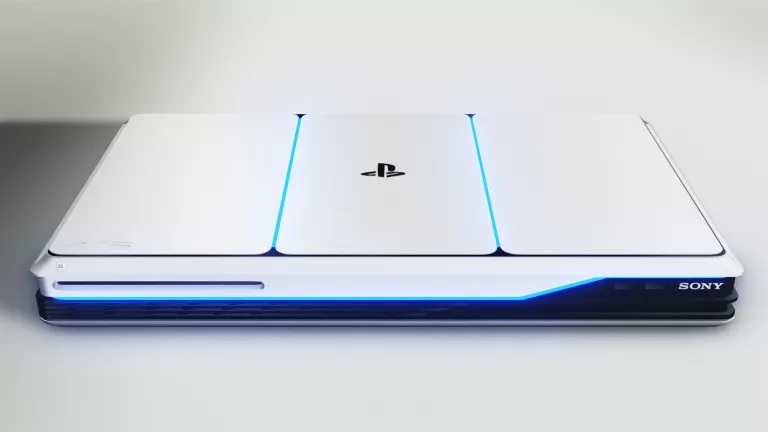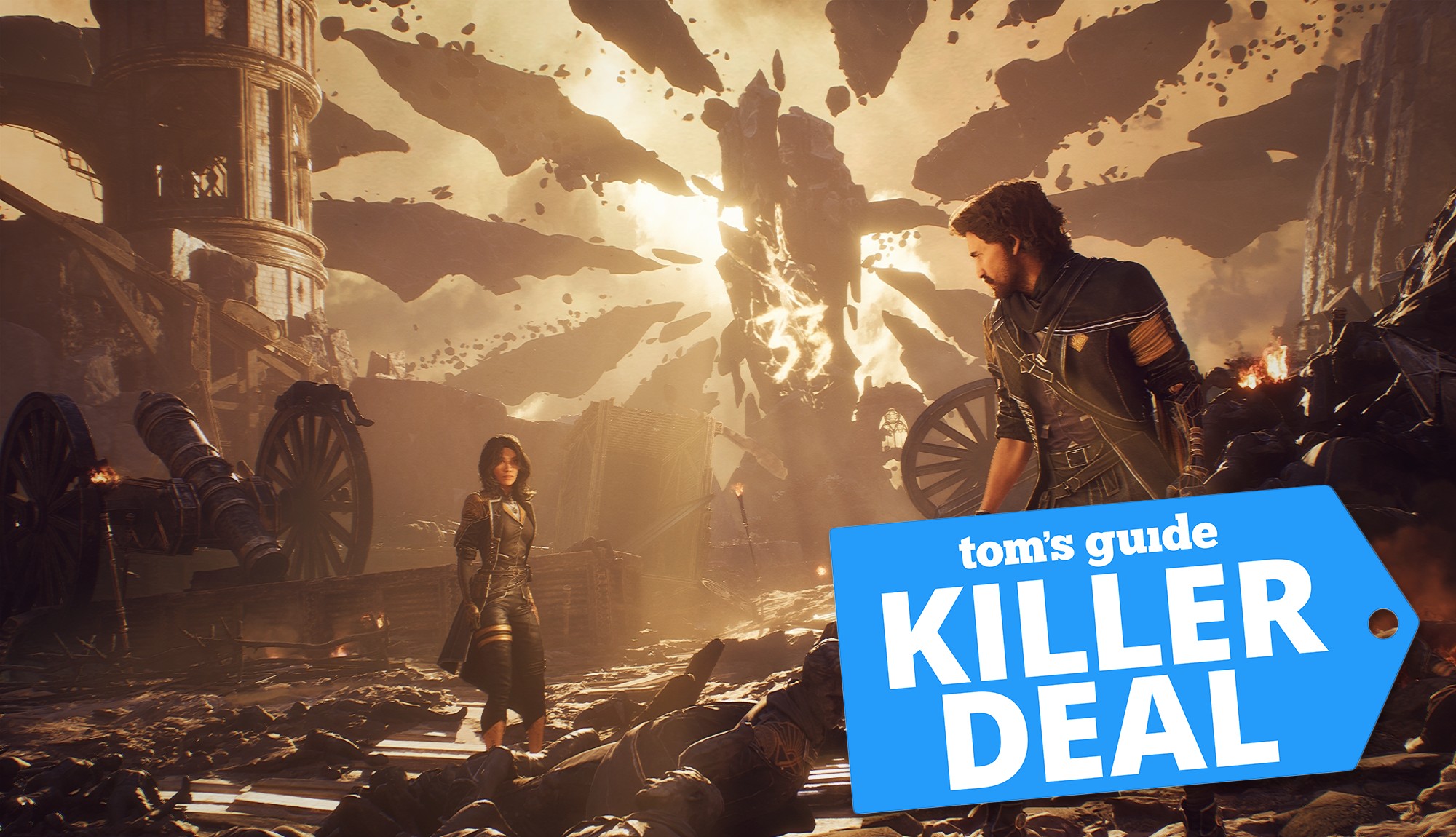PS5 performance could be trounced by a decent gaming PC
PS5 performance could look lacklustre in the face of current Nvidia graphics

PC fans rejoice: if you have a modern computer with an Nvidia GeForce RTX 2070 Super, you’ll be able to run games that use the impressive-looking Unreal Engine 5. And the results are set to be “pretty good.”
While Epic Games demonstrated its next-generation games engine running on PS5 hardware, the company’s CTO Kim Libreri explained that a mid to high-end PC could run the Land of Nanite demo with promising results, according to World Today News. That’s good news if you’ve just upgraded your PC to an RTX 2070 Super, which is a powered-up version of the GeForce RTX 2070 graphics card released in 2018.
- PS5 vs Xbox Series X: Which console is for you?
- The 9 best new TV shows to watch this week
- Just in: Forget PS5, Xbox Series X: New Nvidia and AMD GPUs are coming
It’s worth noting that the GeForce RTX 2070 Super has a 9 teraflops of theoretical compute power, while the PS5 has 10.28 teraflops. The Xbox Series X comes out top with 12 teraflops. Given those numbers, the RTX 2070 Super is barely behind total power of Sony’s console. When you add in a decent processor and a good amount of RAM into a desktop PC, you could be looking at a machine that could easily beat the PS4 in terms of raw power.
That being said, building such a PC doesn’t come cheap. A GeForce RTX 2070 Super costs nearly $500 on Best Buy, which is the estimated price of the PS5. And when you add in other components into a decent gaming desktop PC, you’re looking at around $1,000 or more.
If you’re into PC gaming and the flexibility it brings, that price tag might be palatable. But for others, paying that much to get performance in the ballpark of the PS5 some six months ahead of the consoles’ release might seem a little too steep.
PS5 vs PC
But if you already have a decently specced gaming dekstop, should you stick with the PC over the PS5? The answer isn’t a straightforward yes or no.
For starters, there are benefits to the plug-n-play nature of games consoles that the PC simply can’t compete with. You need to be prepared to install drivers and get fiddling around with graphics settings if you want the most out of your PC gaming experience.
Get instant access to breaking news, the hottest reviews, great deals and helpful tips.
But the flip side is that the PC is an open platform, able to play games from across the expanse of gaming history, while allowing for more customisation on the hardware side. The best PC games also tend to be cheaper than their console counterparts.
When it comes to raw performance, there are a lot of PC fans who’d think it’s obvious that a PC will match or beat a next-generation console in the power stakes; after all, PS5 and Xbox Series X will both use hardware derived from PC components. But that’s easier said than measured.
A lot of console performance has less to do about raw individual specs and more how the hardware all plays together. The PS5, for example, will have a superfast SSD that will allow for speedy data throughput that could give it a performance advantage over a PC. You can’t currently get an SSD for a desktop PC that matches the speed of the PS5’s storage.
And given the popularity of games consoles, developers will tend to optimise their games for the next-gen consoles rather than a myriad of PC hardware. This means a game running on the PS5 might beat its PC equivalent in terms of performance, even if the PC has a lot more compute power than Sony’s upcoming console.
Whatever platform you end up pinning your colors to, the PS5 and Xbox Series X look to inject a new wave of excitement into the gaming world when they arrive later this year.
Roland Moore-Colyer a Managing Editor at Tom’s Guide with a focus on news, features and opinion articles. He often writes about gaming, phones, laptops and other bits of hardware; he’s also got an interest in cars. When not at his desk Roland can be found wandering around London, often with a look of curiosity on his face.
-
Pagrhun What you have failed to take into account in your article and what Mark Cerny spoke about in his developer briefing is the ability of the PS5, due to it's custom I/O architecture, to stream high resolution texture directly from the SSD as require. This would greatly reduce the workload of the GPU and CPU allowing for graphical performance far higher than the teraflops number would indicate. This is why Sony has chosen to spend so much time and effort on the custom I/O architecture, which no other system, not even high end PC's, can match at this time. 'Rumour' has it that AMD, after working on this architecture with Sony, are looking to implement it their new processors/motherboards which would gibe then the jump on Nvidia in the graphics department...now there's a story for you!!!Reply

